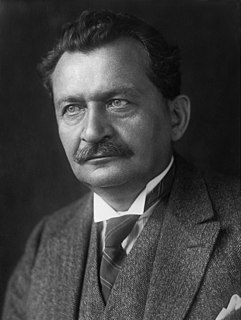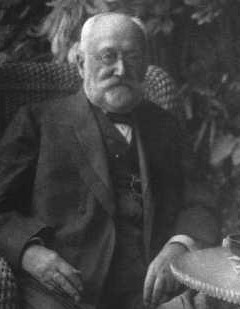
General elections were held in the Netherlands on 22 January 2003.

General elections were held in the Netherlands on 26 May 1981. The Christian Democratic Appeal (CDA) emerged as the largest party, winning 48 of the 150 seats in the House of Representatives.

Early general elections were held in the Netherlands on 8 September 1982. The Labour Party emerged as the largest party, winning 47 of the 150 seats in the House of Representatives.

General elections were held in the Netherlands on 21 May 1986. The Christian Democratic Appeal (CDA) emerged as the largest party, winning 54 of the 150 seats in the House of Representatives.

General elections were held in the Netherlands on 3 May 1994. The Labour Party emerged as the largest party, winning 37 of the 150 seats in the House of Representatives. The election resulted in significant losses for both the Labour Party and the Christian Democratic Appeal. The two liberal parties, People's Party for Freedom and Democracy and Democrats 66 made large gains, whilst two pro-elderly parties and the Socialist Party all passed the electoral threshold to win seats.
The Greens of Andorra is a green political party in Andorra.

Federal elections were held in Germany on 7 December 1924, the second that year. The Reichstag had been dissolved on 20 October 1924. The Social Democratic Party remained the largest party in the Reichstag with an increased share of the vote, winning 131 of the 493 seats. Voter turnout was 78.8%.

Federal elections were held in Germany on 25 January 1907. Despite the Social Democratic Party (SPD) receiving a clear plurality of votes, they were hampered by the unequal constituency sizes that favoured rural seats. As a result, the Centre Party remained the largest party in the Reichstag after winning 105 of the 397 seats, whilst the SPD won only 43. Voter turnout was 84.7%.

General elections were held in Luxembourg on 18 June 1989. The Christian Social People's Party remained the largest party, winning 22 of the 60 seats in the Chamber of Deputies. It continued the coalition government with the Luxembourg Socialist Workers' Party.

Parliamentary elections were held in Norway on 17 October 1927. The result was a victory for the Labour Party, which won 59 of the 150 seats in the Storting.

Parliamentary elections were held in Norway in 1891. The result was a victory for the Liberal Party, which won 63 of the 114 seats in the Storting. The Conservative Party and the Moderate Liberal Party contested the elections in an alliance, although separate lists were used in some constituencies.

Early parliamentary elections were held in Moldova on 27 February 1994. They were the country's first competitive elections, and followed deadlock in Parliament over the issue of joining the Commonwealth of Independent States. The result was a victory for the Democratic Agrarian Party of Moldova, which won 56 of the 104 seats.
Elections to the Supreme Soviet were held in the Soviet Union on 12 March 1950.

General elections were held in Portugal on 28 April 1918, following a coup by Sidónio Pais in December 1917. The elections were boycotted by the Democratic Party, the Evolutionist Party and the Republican Union, who had won over 90% of the seats in the 1915 elections.

Parliamentary elections were held in Portugal on 11 May 1919. The three main parties that boycotted the 1918 elections returned to contest the elections. The result was a victory for the Democratic Party, which won 86 of the 163 seats in the House of Representatives and 36 of the 71 seats in the Senate.

Parliamentary elections were held in Portugal on 30 October 1938. The country was a one-party state at the time and the National Union was the only party to contest the elections, with no opposition candidates allowed to run.

Parliamentary elections were held in Portugal on 1 November 1942. The country was a one-party state at the time and the National Union was the only party to contest the elections, with no opposition candidates allowed to run.
Folketing elections were held in Denmark on 7 June 1864. The National Liberal Party emerged as the largest faction, winning 40 of the 101 seats. Following the elections, Christian Albrecht Bluhme became Prime Minister on 7 July.

The United Labour Social Democratic Party was a political party in Bulgaria.
The Tenants' Union was a political party in Estonia.


















